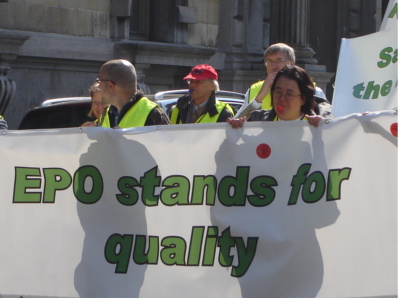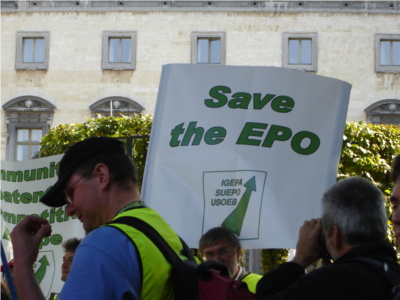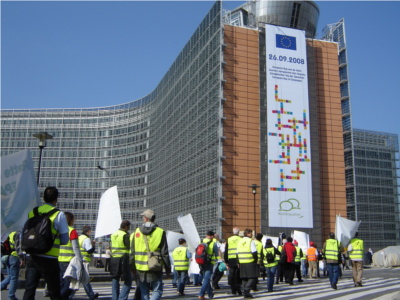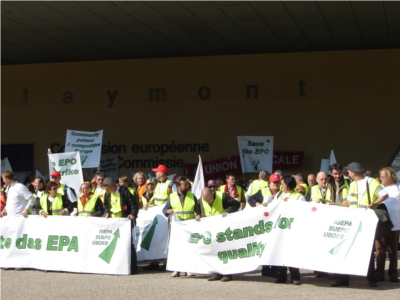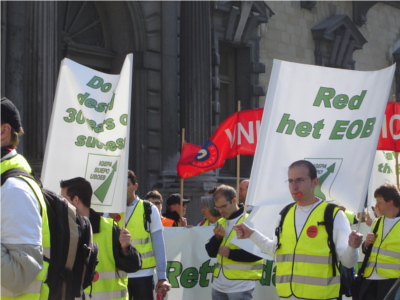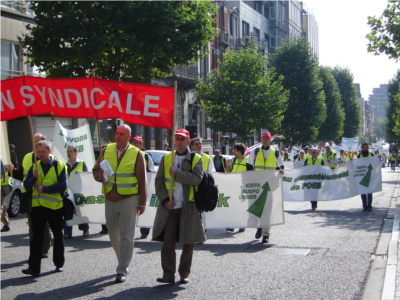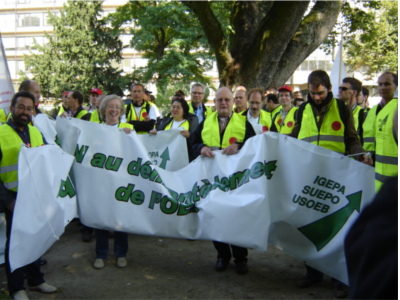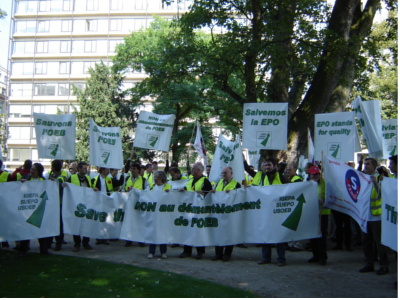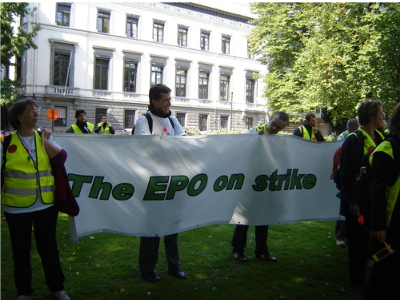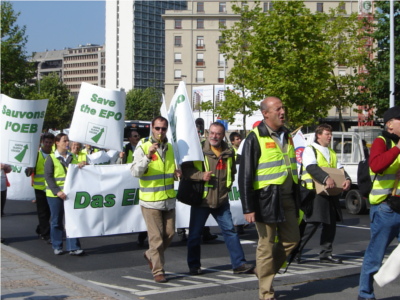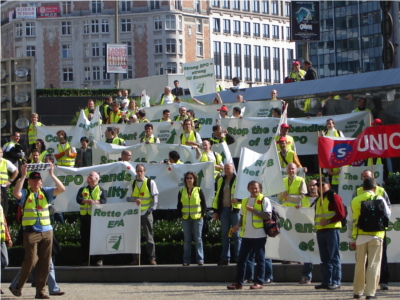Antibody Patents Should Not be Allowed (Nor Should CRISPR Patents)
- Dr. Roy Schestowitz
- 2018-10-09 09:10:28 UTC
- Modified: 2018-10-09 09:10:28 UTC
"...currently there is an apparent tension between the USPTO guideline with which antibody patents are granted and the case law with which the validity of existing antibody patents is determined. The antibody “exception” of the USPTO written description guideline says that a claim for an isolated antibody binding to an antigen satisfies the written description requirement even when the specification only describes the antigen and does not have working or detailed prophetic examples of antibodies that bind to the antigen. United States Patent and Trademark Office, Revised Interim Written Description Guidelines Training Materials (1999) at 59–60 [hereinafter Training Materials]; United States Patent and Trademark Office, Written Description Training Materials, Revision 1 (March 25, 2008) at 45–46 [hereinafter Revised Training Materials]. In Centocor v. Abbott, the Court of Appeals for the Federal Circuit (“Federal Circuit”) held that a patentee cannot claim an antibody unless the specification describes it, even if he/she fully characterizes the antigen, and the court vacated a $1.67 billion jury verdict, the largest patent infringement award in U.S. history. The relationship between Centocor and the USPTO guideline is not clear. Although many commentators generally agree that Centocor at least restricts the scope of the antibody exception, they disagree over interpretation of the post-Centocor antibody exception." (
Source:
"Written Description Problems of the Monoclonal Antibody Patents after Centocor v. Abbott")
Summary: The patent extremists are still trying to patent life (and/or nature) and their arguments typically boil down to, "there's money in it, so why the heck not?"
THE EPO and USPTO both grapple with a lobbying campaign from corporations which strive to 'own' life and nature. Depending on the integrity of the management at these offices, the lobbyists might get their way, whereupon the public will justifiably protest. Sometimes EPO staff will protest as well. A decade ago the EPO saw many such protests (farmers, examiners and more).
"Nature isn't an invention."Over at Watchtroll, patent firms (Karen Carroll and Sharad Bijanki, the authors, are both in the patent 'industry') have published (just yesterday) "The Evolution of Antibody Patents" and every morsel of common sense says patents on this should be verboten (we wrote about this in relation to the EPO). Also published Monday by Patent Docs was this advertisement for an event on "Antibody Patenting after Amgen v. Sanofi" (covered here before).
Sure. Let's patent life too, they argue. A couple of patent attorneys, Ainslie Parsons and Carmela De Luca, recently covered something to that effect, albeit this time in relation to CRISPR patents.
Why is it even an open question (still) whether such patents should be granted? The answer from any sane and sober person should be "no!" or "no way!"
Nature isn't an invention. Nature is arguably "prior art". Need we remind readers of the scenes shown below? ⬆
